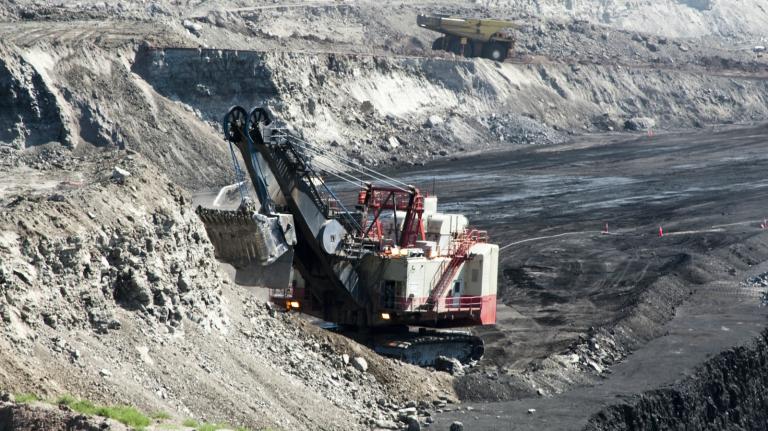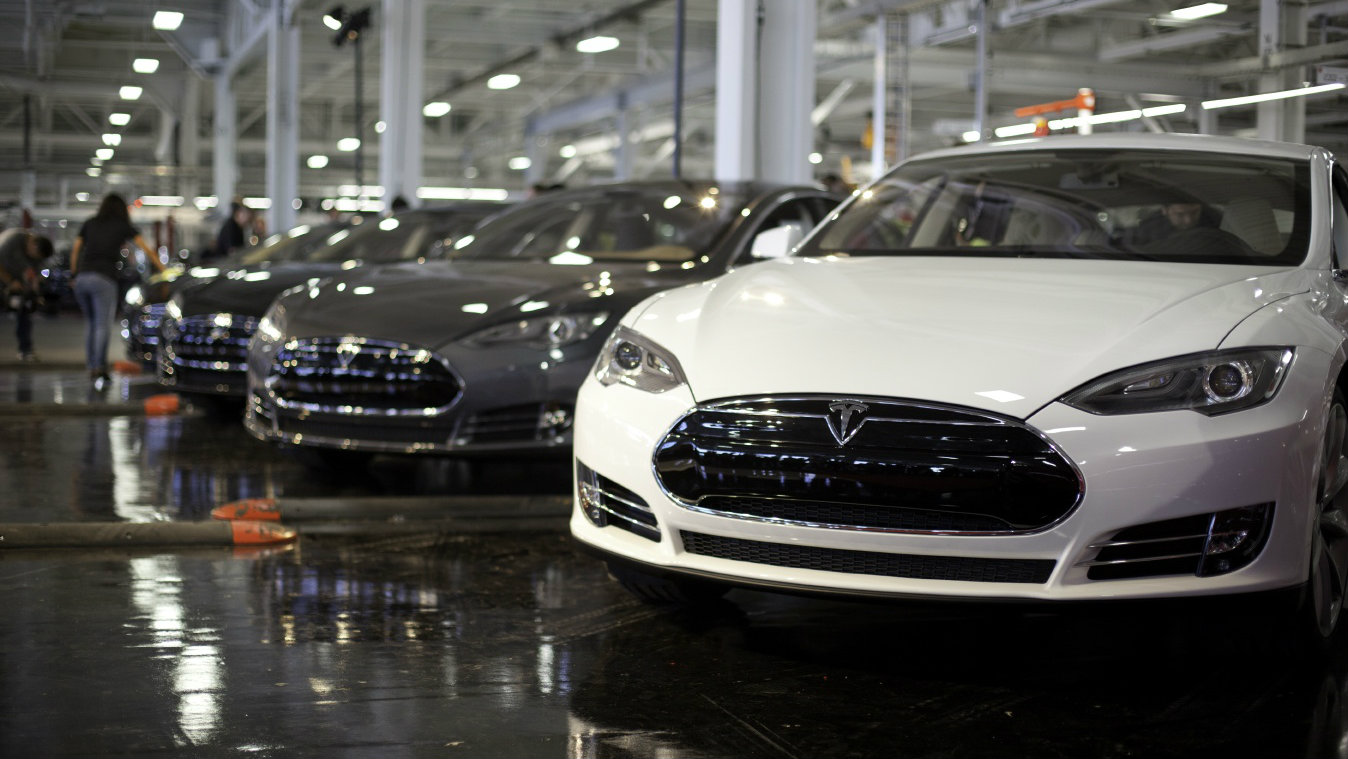A man died in a car crash while his Tesla sedan was in autopilot mode, the company announced on Thursday. It was the first known fatality involving a self-driving vehicle.
The accident, which occurred in on a Florida highway in May, killed Joshua Brown, 40, a former Navy SEAL from Ohio. Traffic safety regulators opened an investigation into the collision. Tesla described the accident on its website:
What we know is that the vehicle was on a divided highway with Autopilot engaged when a tractor trailer drove across the highway perpendicular to the Model S. Neither Autopilot nor the driver noticed the white side of the tractor trailer against a brightly lit sky, so the brake was not applied. The high ride height of the trailer combined with its positioning across the road and the extremely rare circumstances of the impact caused the Model S to pass under the trailer, with the bottom of the trailer impacting the windshield of the Model S.
Brown was an advocate for self-driving technology and maintained a YouTube page with videos of his Tesla Model S driving on autopilot. One video, now viewed more than 2 million times, shows his Tesla — which he called “Tessy” — narrowly avoiding a collision. “Tessy did great,” Brown wrote in a caption under the video. “I have done a lot of testing with the sensors in the car and the software capabilities. I have always been impressed with the car, but I had not tested the car’s side collision avoidance. I am VERY impressed.”
While Tesla recommends that drivers keep their hands on the wheel at all times, even while autopilot is engaged, Brown, according to the driver of the tractor trailer, was watching a Harry Potter film at the time of the accident. “It was still playing when he died and snapped a telephone pole a quarter mile down the road,” driver Frank Baressi said in an interview with the Associated Press. A portable DVD player was found in the car after the accident.
While self-driving vehicles have been heralded by some technologists as safer and more efficient than standard vehicles, others argue that the technology could have major negative impacts on transportation systems — including by putting more cars on the road. One study found that automated technology could increase vehicle miles traveled by as much as 60 percent. As Roland Hwang, director of the Natural Resources Defense Council’s transportation program, put it, “There’s a utopian vision of what this looks like, but there’s also a dystopian vision.”



